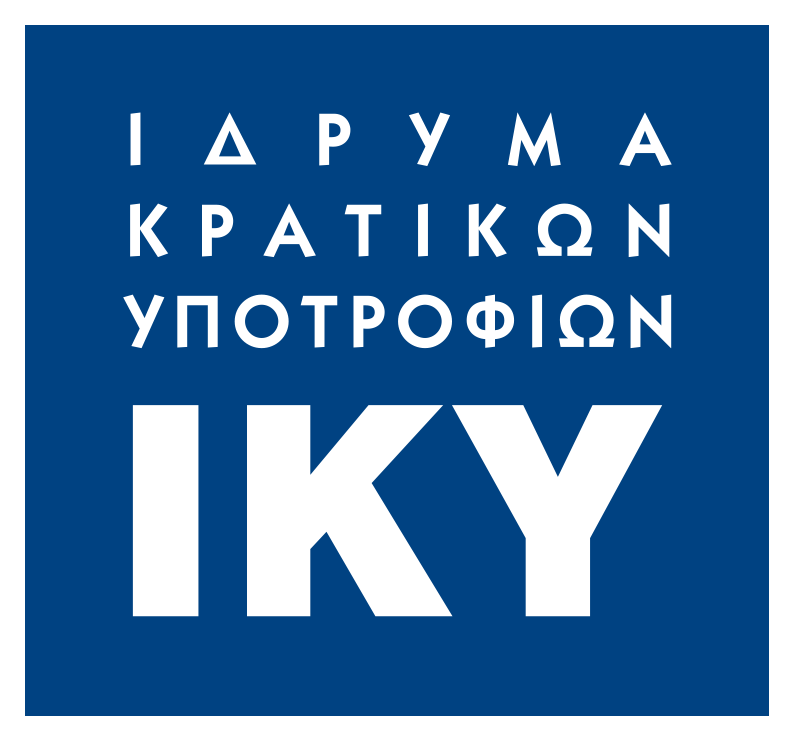Presentation 1
Skoufoglou, E.S. Hatzara, E. Koutra – Iliopoulou, M. Christoforaki, M. Mavrikaki, E. Galani, A. (2023). Urban environment and heat waves: Discussing city planning – a critical view, 4th Panhellenic Conference on Critical Education, Critical Education in the 21st century: challenges and proposals, 15-17 December, Athens, Greece. https://www.pcce.primedu.uoa.gr/
See programme page 3, session 3
https://www.pcce.primedu.uoa.gr/programma/ , Σκούφογλου, Ε.Σ. Χατζαρά, Ε. Κούτρα – Ηλιοπούλου, Μ. Χριστοφοράκη, Μ. Μαυρικάκη, Ε. Γαλάνη, Α. (2023). Αστικό περιβάλλον και καύσωνες: Συζητώντας για τον σχεδιασμό πόλεων – μια κριτική ματιά, 4ο Πανελλήνιο Συνέδριο Κριτικής Εκπαίδευσης, Η Κριτική Εκπαίδευση στον 21ο αι.: Προκλήσεις και προτάσεις, 15-17 Δεκεμβρίου, Αθήνα.
Paper No 1
> 1st paper: Paper for the proceedings of the conference Critical Education in the 21st century: challenges and proposals, in greek pages 17
Title: Skoufoglou, E.S. Hatzara, E. Koutra – Iliopoulou, M. Christoforaki, M. Mavrikaki, E. Galani, A. (2023). Urban environment and heat waves: Discussing city planning – a critical view, 4th Panhellenic Conference on Critical Education, Critical Education in the 21st century: challenges and proposals (in greek)
This paper constitutes a presentation of a part of the study conducted in the framework of the HEAT (Erasmus+) programme. In the study, we have cοmpiled and classified factors affecting the vulnerability of urban areas to heatwaves, as well as the solutions of urban policy, planning and design proposed in the international literature to mitigate it. The paper presents the methodology and findings of the study and attempts a critical examination of the subjects and directions of the relevant literature. At the same time, we raise questions about how to render comprehensible the parameters of the issue of heatwaves in the urban environment, their relative importance and their interconnection with social conditions, in a manner both concise and critical, in the particular case of designing a serious game about urban heatwaves.
Paper No 2
Title: Modifying Primary School Students’ Ideas about Heatwaves in Urban Design Through the ”HEATWAVE CITY” Online Game
Authors: Maria Christoforaki, Nausika Kapsala, Manos Skoufoglou, Apostolia Galani
American Journal of Educational Research, 2024, Vol. 12, No. 10, 391-401
Available online at http://pubs.sciepub.com/education/12/10/1
Published by Science and Education Publishing
DOI:10.12691/education-12-10-1
Abstract: This paper highlights the integration of the timely issue of heatwaves into the curriculum through raising empathy, awareness and preparation of youth for the challenge. It will be necessary to examine how primary school students’ ideas about managing heatwaves in urban design can be transformed through the “HEATWAVE CITY” online game. Quantitative and qualitative approaches were adopted, and data collection using pre- and post-questionnaires and worksheets (N = 51) aimed to determine students’ initial conceptions about managing urban heat waves and assess how such conceptions might be modified after playing the “HEATWAVE CITY” online game.
The results of this research illustrate that the online game “HEATWAVE CITY” evidently changes students’ perceptions. This active learning environment involved students in problem-solving, decision-making, and exploration in socio-scientific challenges. The manipulative aspect of the approach allowed the students to engage directly with the material, seeing cause-and-effect relationships of their decisions, thus providing depth in their understanding.
Paper No 3 (accepted – under publication)
Title: Teachers’ Misconceptions about Heatwaves and their Interconnections with Climate Change
Authors: Maria Christoforaki, Manos Skoufoglou, Myrto Koutra-Iliopoulou, Eirini Chatzara, Evangelia Mavrikaki, Apostolia Galani
In
International Research in Geographical and Environmental Education [journal]
Abstract: Heatwaves are a natural hazard that predominately affects the health of older people, infants, and vulnerable groups, especially those who live in urban environments. Given their significant impact on people’s lives today, heatwaves and their intricate connections to climate change should be incorporated into school curricula. This paper examines teachers’ preparedness to address heatwaves and their associated health risks with students by identifying potential misconceptions that may act as barriers. Using a quantitative approach, we collected data through a questionnaire that examined secondary education teachers’ (N=205) knowledge and self-reported behaviour related to heatwaves. The research findings indicate that some teachers hold misconceptions regarding heatwaves and the latter’s connection to climate change. Additionally, certain teachers may be unaware of the necessary measures to mitigate the impact of heatwaves. These insights could be considered to develop a curriculum that highlights and addresses climate change, fostering a deeper understanding of heatwaves and their broader implications among students.
Presentation 2
Galani, A., Chatzara, E., Skoufoglou, M., Koutra, M., Christoforaki, M., Mavrikaki, E., (2024) Bringing Heatwaves into Classrooms: A Framework for Education NSTA National Science Teaching Association, Denver, March 2024.
This work aims to present a framework that can be used to integrate the concept of heatwaves and their consequences, in education. Heatwaves are prolonged periods of extremely hot weather in a particular location. Today the whole world is experiencing unusually hot conditions due to climate change. Such events are likely to become more frequent, more intense and last longer in the future. Research that has already been carried out shows that although heat waves affect the environment of schoolchildren and cause extremely dangerous effects, they are not part of the school curriculum. In this presentation, we propose a framework for how the concept of burns could be integrated into the school curriculum. Such a framework would play a critical role in developing student literacy, promoting public health and safety, promoting environmental stewardship, and empowering individuals and communities to respond effectively to the challenges that heat waves and climate change pose to everyday life.




